IS009 - Advances in Numerical Methods for Multiphysics Problems Involving Moving Boundaries and Interfaces
Keywords: Coupled problems, fluid-structure interaction, Multiphysics
Multiphysics problems involving moving boundaries and interfaces, characterized by the intricate interplay of different physical phenomena across distinct interfaces, are at the forefront of modern computational science and engineering. These problems arise in a wide range of applications, including fluid-structure interaction, phase change phenomena, multi-phase flows, and coupled thermal-electrical-mechanical processes. The accurate and efficient simulation of such problems requires advanced numerical methods that can handle the inherent challenges, such as strong coupling between different physics, discontinuities at interfaces, and the need for high resolution across disparate spatial and temporal scales. This invited session focuses on recent advances in numerical methods for moving
boundary problems in multiphysics, bringing together leading researchers to discuss cutting-edge techniques and their applications. Topics covered will include, but are not limited to, novel discretization techniques, high-fidelity simulation methods, and the development of robust algorithms for handling non-linearities, complex geometries, and finite deformations. Special attention will be given to methods that enhance the stability and accuracy of simulations, such as adaptive mesh refinement, novel interface-tracking and interface-capturing techniques, multi-scale modelling, and machine learning-based approaches. In addition to methodological developments, the session will also highlight applications of these advanced numerical methods to real-world engineering problems. These applications will demonstrate the practical benefits of the latest computational strategies in improving predictive capabilities and optimizing designs in fields such as aerospace, energy, materials science, and biomedical engineering. By providing a platform for the exchange of ideas and the presentation of novel research, this session aims to foster collaboration and drive further innovation in the simulation of interfacial multiphysics problems, ultimately advancing the state of the art in this
challenging and highly relevant area of computational science.

